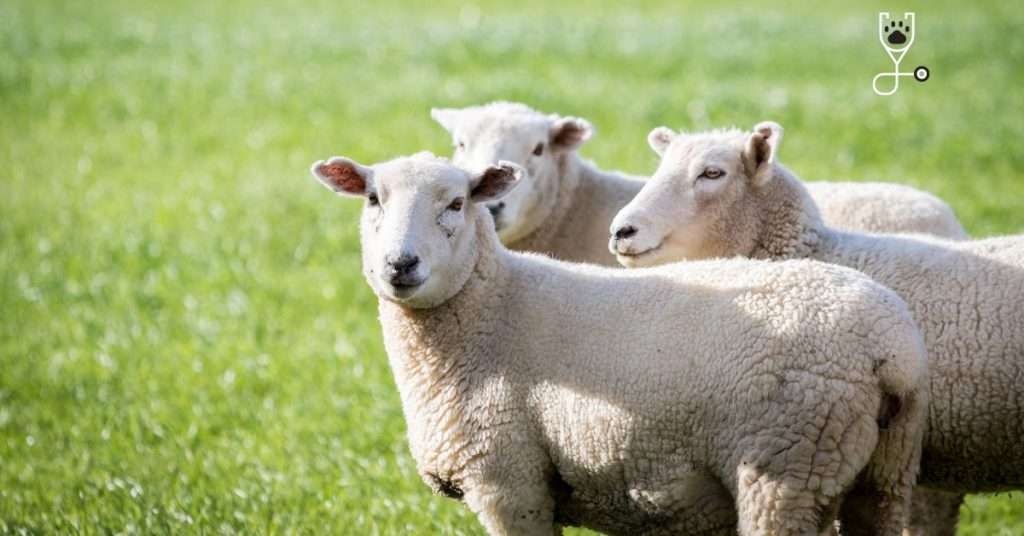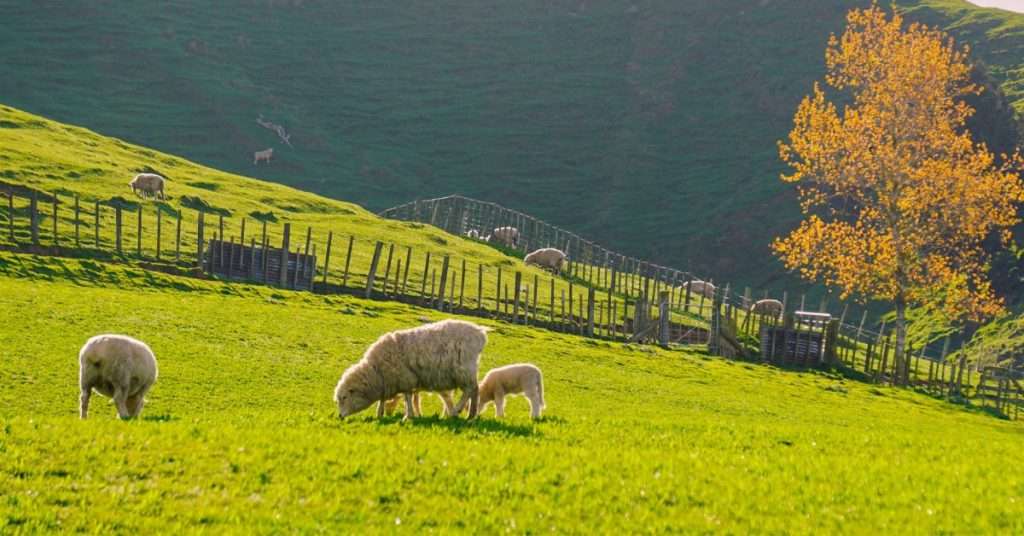Sweaters are a wardrobe staple for many, and there’s something about a wool sweater that just feels so cozy. But are wool sweaters ethical? There’s no simple answer, but here’s a look at some of the issues involved in producing wool sweaters.

How is wool harvested and what are the environmental impacts of sheep farming?
Wool is harvested from sheep by shearing, which is essentially shaving the sheep. Shearing can be done with hand shears or electric shears. It’s a relatively quick process, taking just a few minutes per sheep.
The main environmental impact of sheep farming is the methane emissions from the sheep. Sheep are ruminants, meaning they have a four-chamber stomach that ferments their food, and this process creates methane gas. Methane is a potent greenhouse gas, and sheep farming is responsible for around 5% of global methane emissions.
Are there any ethical alternatives to wool sweaters that don’t involve animal cruelty or environmentally destructive practices?
There are a few alternatives to wool sweaters, but it’s important to do your research to make sure you’re choosing an option that is truly ethical and sustainable. Some options include sweaters made from bamboo, organic cotton, or recycled materials.
Bamboo is a fast-growing grass that doesn’t require pesticides or herbicides to grow. It’s also naturally antimicrobial, meaning it doesn’t need to be treated with harsh chemicals. Bamboo is a great alternative to wool if you’re looking for something sustainable and environmentally friendly.
Organic cotton is another good option for an environmentally friendly sweater. Cotton is a very water-intensive crop, so choosing organic cotton ensures that the farmers growing the cotton are using sustainable practices.
Recycled materials is a great option if you’re looking for something that doesn’t require any new resources. There are a few different types of recycled sweaters, but one option is made from recycled plastic bottles. These sweaters are made from post-consumer waste, meaning the plastic bottles have already been used and would otherwise end up in a landfill.
So, there are a few different options for ethical wool sweaters. Do your research to find the best option for you, and make sure you’re choosing something that is truly sustainable and environmentally friendly.
Read More: Tips to Make Your Own Egg-Grabber Tool
Can you still be stylish in an ethical sweater made of synthetic materials or cotton instead of woolen knitwear?
Yes, you can still be stylish in an ethical sweater made of synthetic materials or cotton instead of woolen knitwear. There are a variety of different styles and colors available in sustainable materials, so you’re sure to find something that suits your taste. And, because sustainable materials are often more environmentally friendly, you can feel good about your choice while still looking great.

Can we ever really know whether our clothes are ethically made, or is it something we have to take on faith?
There is no easy answer when it comes to whether or not our clothes are ethically made. It is important to do your research and make sure you are buying from a reputable source. Unfortunately, even then, there is no guarantee that the clothing is completely ethically made. In the end, it is something you have to decide for yourself whether or not you feel comfortable with.
Read More: A Guide to Risky Foods You Should Never Feed Your Pet Chickens
Are there any sustainable ways to produce wool without harming the environment or animals involved in the process?
There are a few sustainable ways to produce wool without harming the environment or animals involved in the process. One way is to use organic wool. Organic wool is produced without the use of harmful chemicals, pesticides, or herbicides. This means that the sheep are not exposed to these chemicals, and the environment is not impacted by them either. Another sustainable way to produce wool is through regenerative agriculture. This is a type of agriculture that works to restore the soil instead of depleting it. This means that the sheep are able to graze on healthy, nutrient-rich grass, and the environment is not harmed in the process.
The bottom line is that wool sweaters can have a significant impact on the environment and on animal welfare. If you’re looking for an ethically made sweater, there are a few options available, but you’ll need to do your research to find the best option for you. Consider bamboo, organic cotton, or recycled materials as some of the more sustainable and environmentally friendly choices. Whichever material you choose, make sure you’re buying from a reputable source to ensure that your sweater is ethically made.